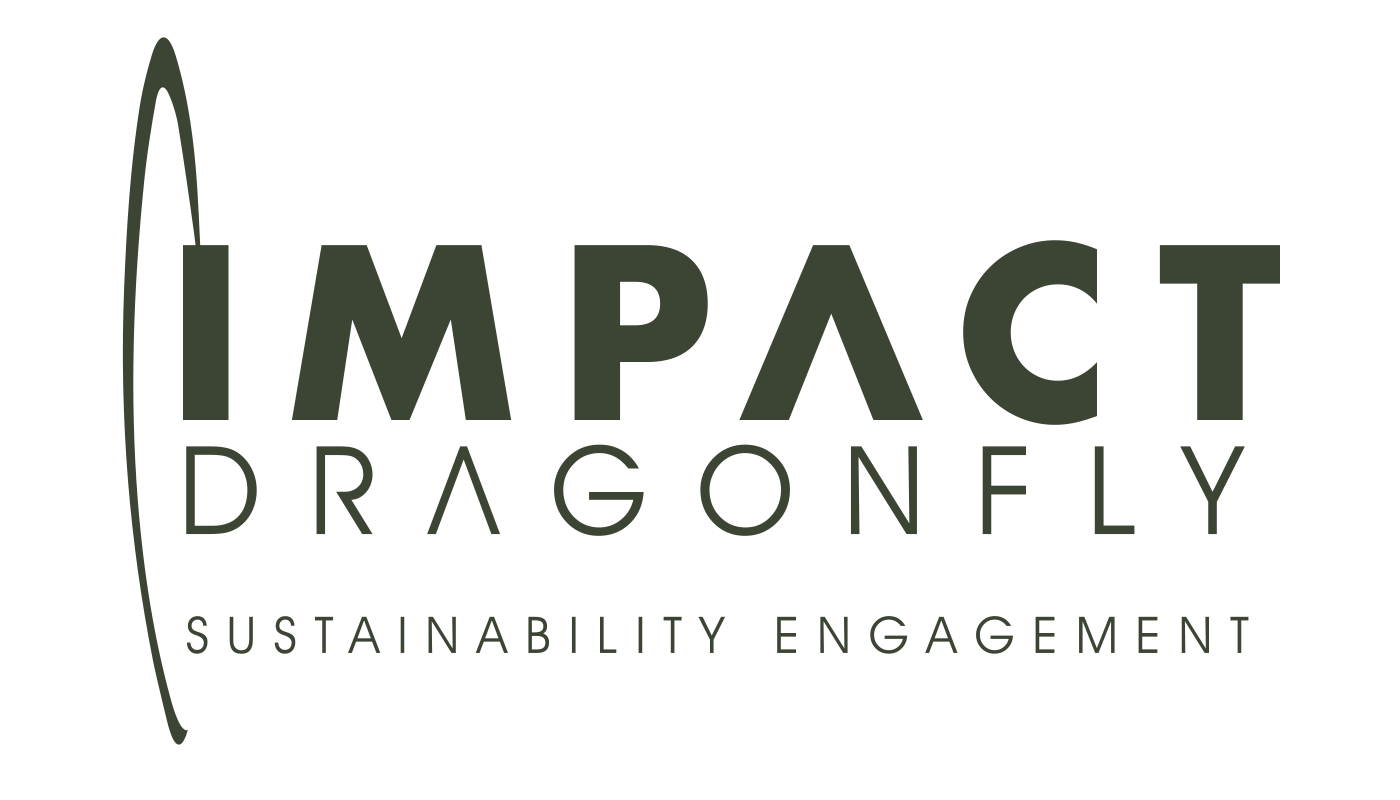Are small businesses immune from mandatory sustainability reporting?
The sustainability reporting landscape is looming for big business with the Australian Government’s proposal of a 3-year implementation approach for large entities to prepare sustainability reports, including climate related financial disclosure.
Fact: by 2027-28 all large Australia entities are EXPECTED to disclose sustainability related financial disclosures in these timeframes. Group 1 entities 2024-25 onwards, Group 2 entities 2026-27 onwards and Group 3 entities 2027-28 onwards.
So, what does this mean for the smaller businesses?
Firstly, smaller entities that are part of a larger Australian / global group may be required to measure their carbon footprint and prepare sustainability disclosures for the parent companies.
A second contributing factor as to whether a small business is required to report is the one of “Value Chains.” With many large businesses publicly announcing their decarbonisation strategies such as Net Zero by 2050 therein lies a knock-on effect for those in the supply chain such as service providers, suppliers, and customers.
Example business.
Small painting business located in suburban Brisbane who has no personal tenders with Qld government but often sub-contract to larger organisations who are part of a government contract.
What does this mean for the painters?
The painters are now held accountable to the same requirements of the main contractor – they need to make sure they have their “S” side of ESG in order such as policies that include domestic violence leave, Reconciliation Action Plans, and Diversity and Inclusion policies. This is just one area that they have been asked to report on, the next step will be their climate footprint and how they are introducing sustainability within their business model. All Government contracts will have the same needs as large entities as they will also have to report on their sustainability footprint and that will include carbon soon enough.
Below you will see why a small business’s carbon footprint could affect that of a large corporate.
A large reporting entity’s carbon footprint consists of the following.
Scope 1 emissions – Those emission created by and under control of the business. E.g. A manufacturing business who produces pollution and emissions from making its goods in their factory and delivering those goods with company owned vehicles.
Scope 2 emissions – Those emissions that come from your purchased energy.
Scope 3 emissions – Those emissions that are produced by your suppliers of goods and services (upstream) and from your customers (downstream) – These emissions count for around 80-90% of most entities emissions and so they will need to be able to capture these – that means small businesses will need to be accountable for their own carbon footprint should they wish to stay in the value chain. (ah ha moment!)
Thinking that as a small business you are immune from regulatory reporting could catch you out, the smarter route to take would be to start implementing a basic reporting system in place.
As a small business you will have a relatively easy task of capturing your carbon footprint (energy usage, travel etc) from a scope 1 and 2 level (3 takes a little more time as it incorporates your customers and employees e.g., Work from home - however is very achievable). Once you have captured what you are using it should be easy enough to see if there are any ways you can reduce and aim towards a specified target that you as a team can set.
Tip. Seek out a qualified Carbon Accountant and they can do scope 1, 2 and 3 for you alongside your regular accounting.
But why stop at energy usage, waste and water are both very easy indicators that you have the ability to measure. Again, find your starting point and see if there are easy ways to improve on that figure.
The beauty of both options listed above is that with them comes financial rewards,
less energy usage = less cost
more consideration of whether travel is needed = less travel costs
less waste may need less need for the cleaners to pick up that waste so regularly, or it can create less desire to purchase.
In summary, we should note that “yes” small businesses are currently immune from mandatory reporting, however small SMART businesses should consider voluntary reporting in case they find themselves in a reporting value chain in the future.
